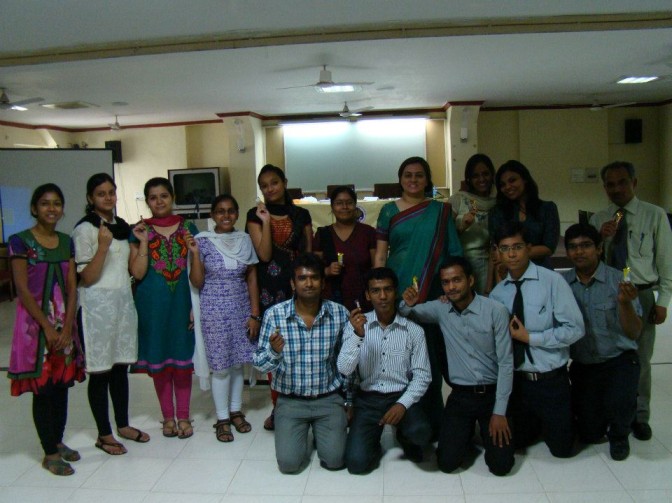ICAI proposes new curriculum for CA education


The Institute of Chartered Accountants of India (ICAI) has proposed a new scheme for CA education and training, adopting a newer way of learning. The new curriculum aims to internationalize CA education, integrate digital tools in the CA curriculum, incorporate a futuristic outlook and introduce several other fresh initiatives to help prepare CAs to unlock greater industry insight and provide them with the most extensive education and training in CA.
Within the existing scheme of education, there are three levels of papers for students to clear – Foundation, Intermediate and Final. The proposed scheme would retain the same paradigm with structural and qualitative changes.
The salient features and focus areas of the proposed scheme are as follows:
“The objective of the new scheme is to design a curriculum which is futuristic and globally relevant. This would also help in devising new and effective means to impart education and training and assess the performance of students. Considering the diverse student base spread across India and abroad, the new scheme focuses on new and effective ways of imparting knowledge. It includes harnessing general management and communication skills and imparting education in ethics and Information Technology. Further, the overall objective is to ensure that students are able to develop interpretational skills and also have a high degree of industry orientation, which can make them play an integral and strategic role in any position,” said Dr Debashis Mitra, President of ICAI for the year 2022-23 is based in Kolkata.
ICAI was formed in 1949 and stands as the second largest body of CAs globally. Headquartered in Delhi, ICAI has mutual recognition agreements with several international bodies of Accountants like the England & Wales Institute of Chartered Accountants, the Chartered Professional Accountants of Canada, and the Bahrain Institute of Banking & Finance, among others. The Chartered Accountants trained at ICAI in India are now working in 77 cities across 48 countries.